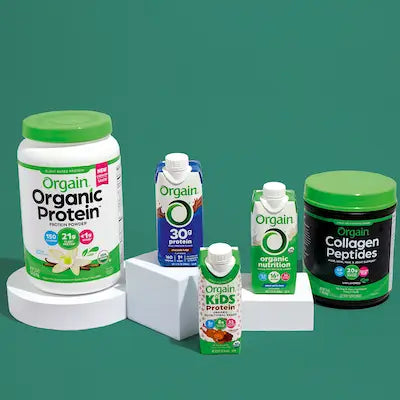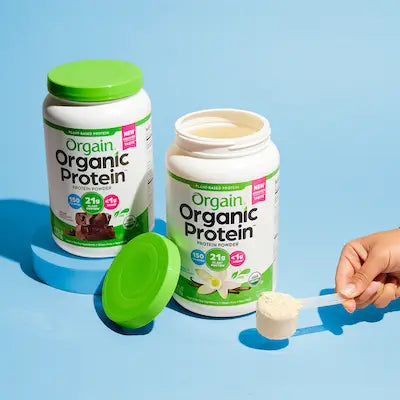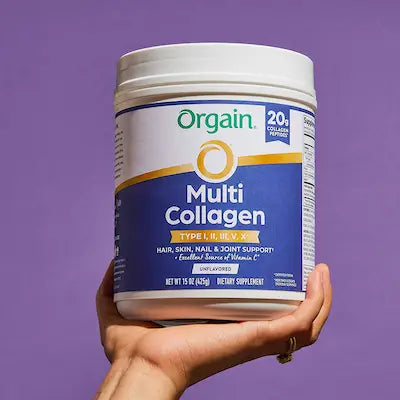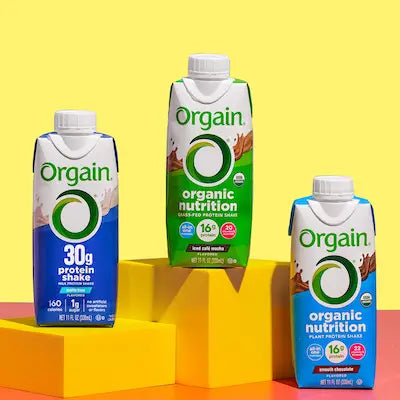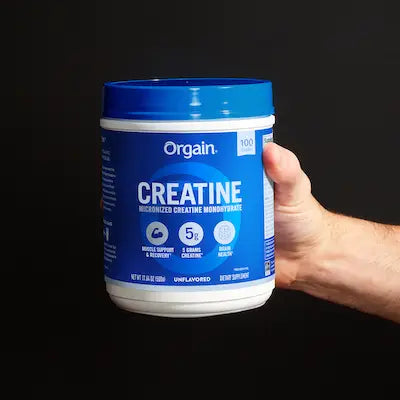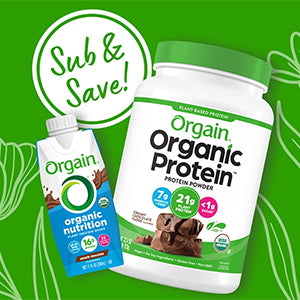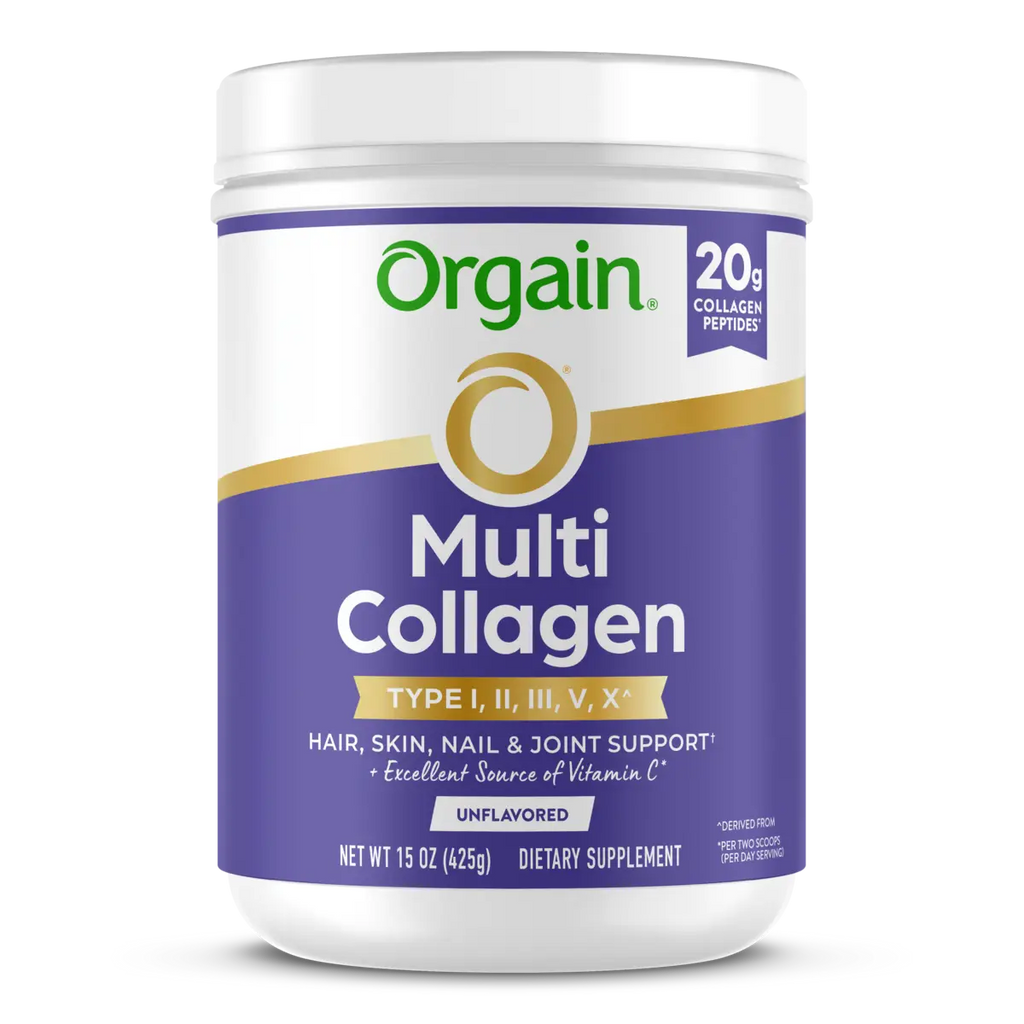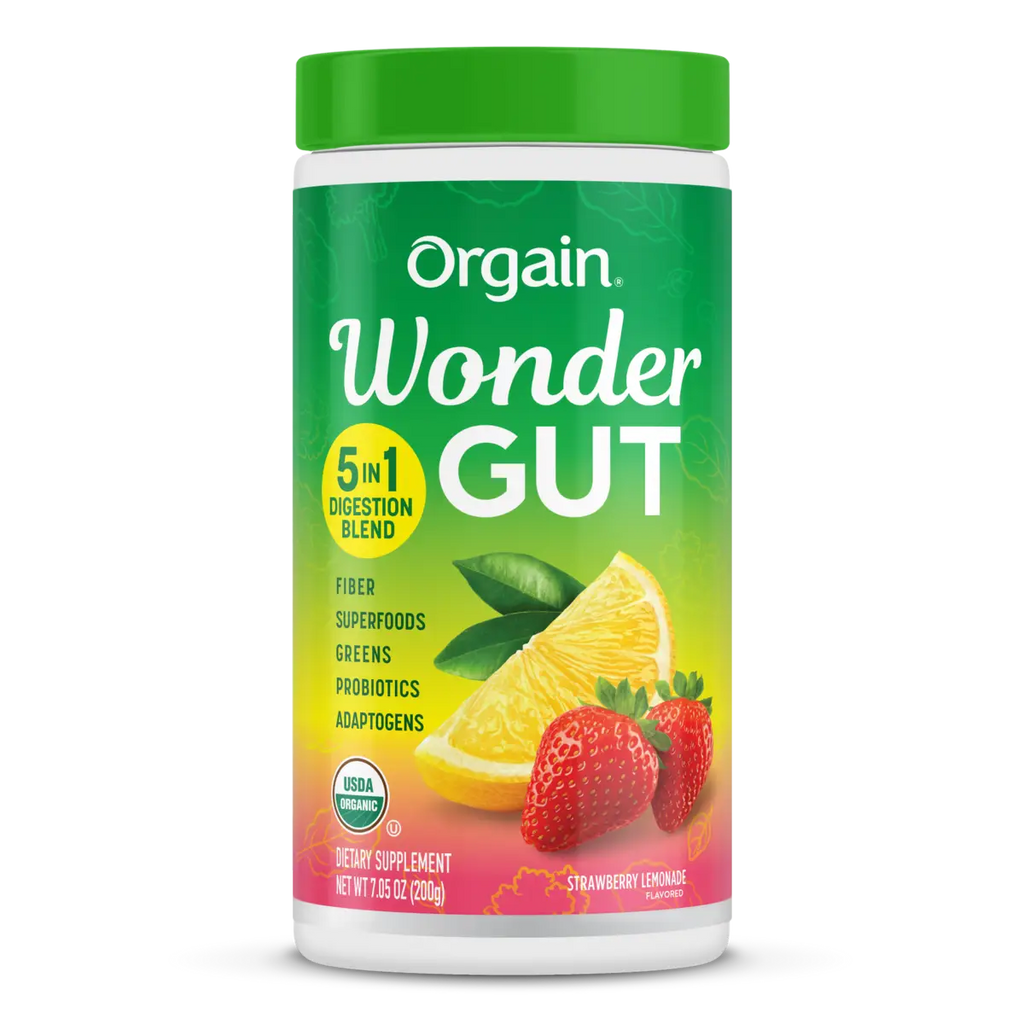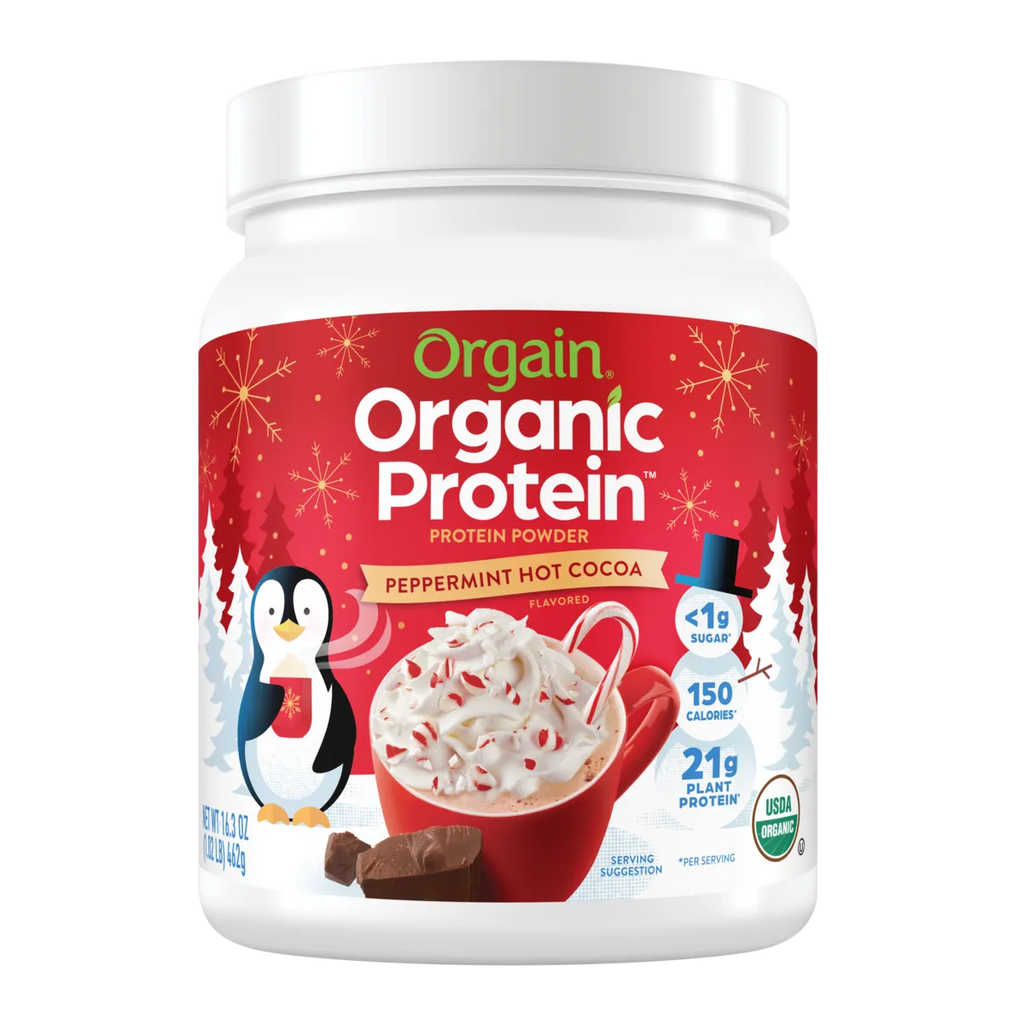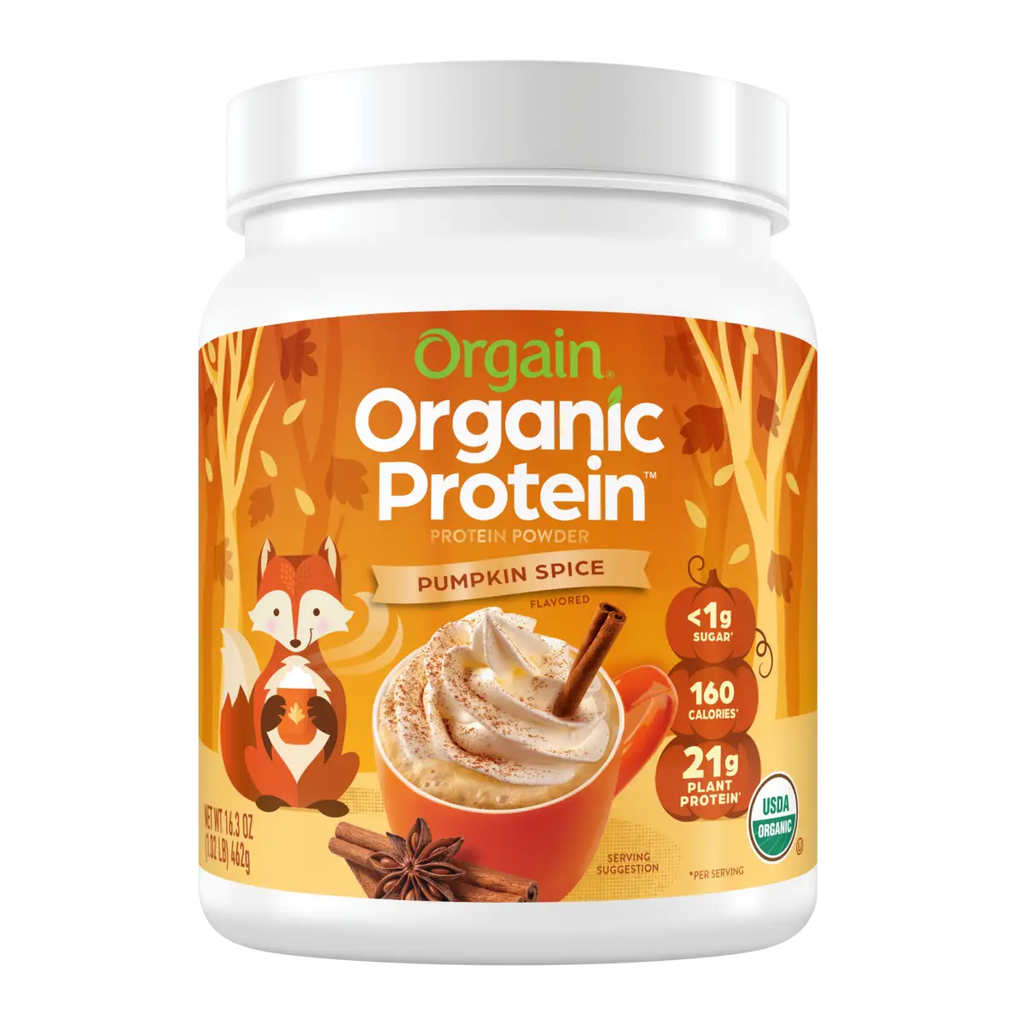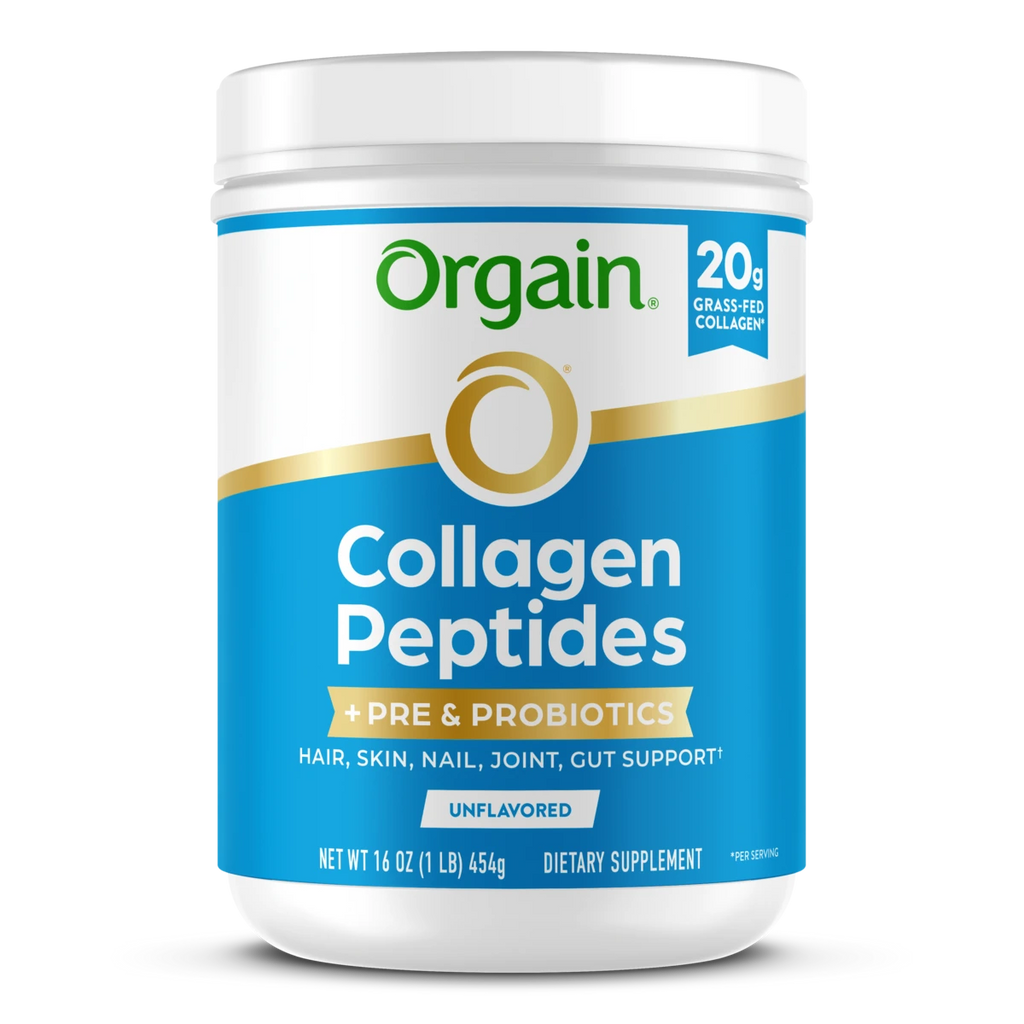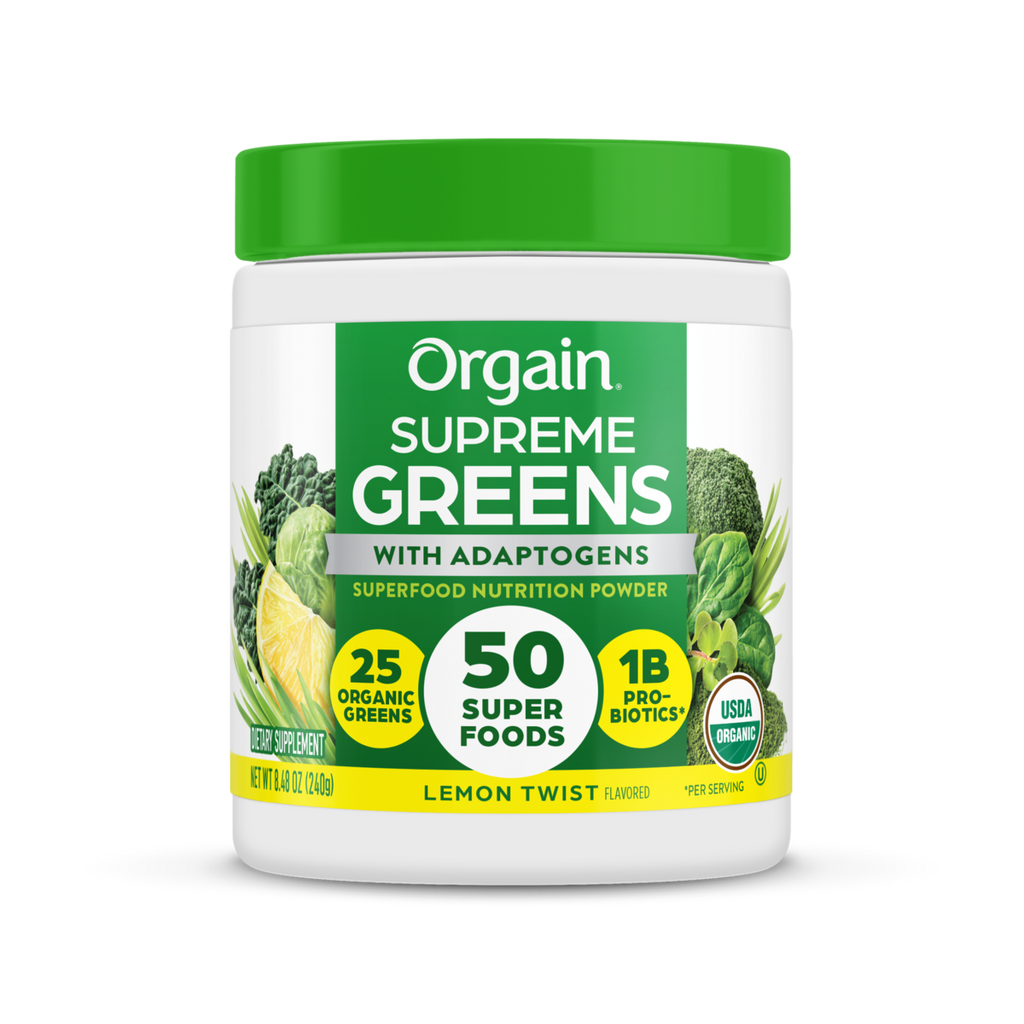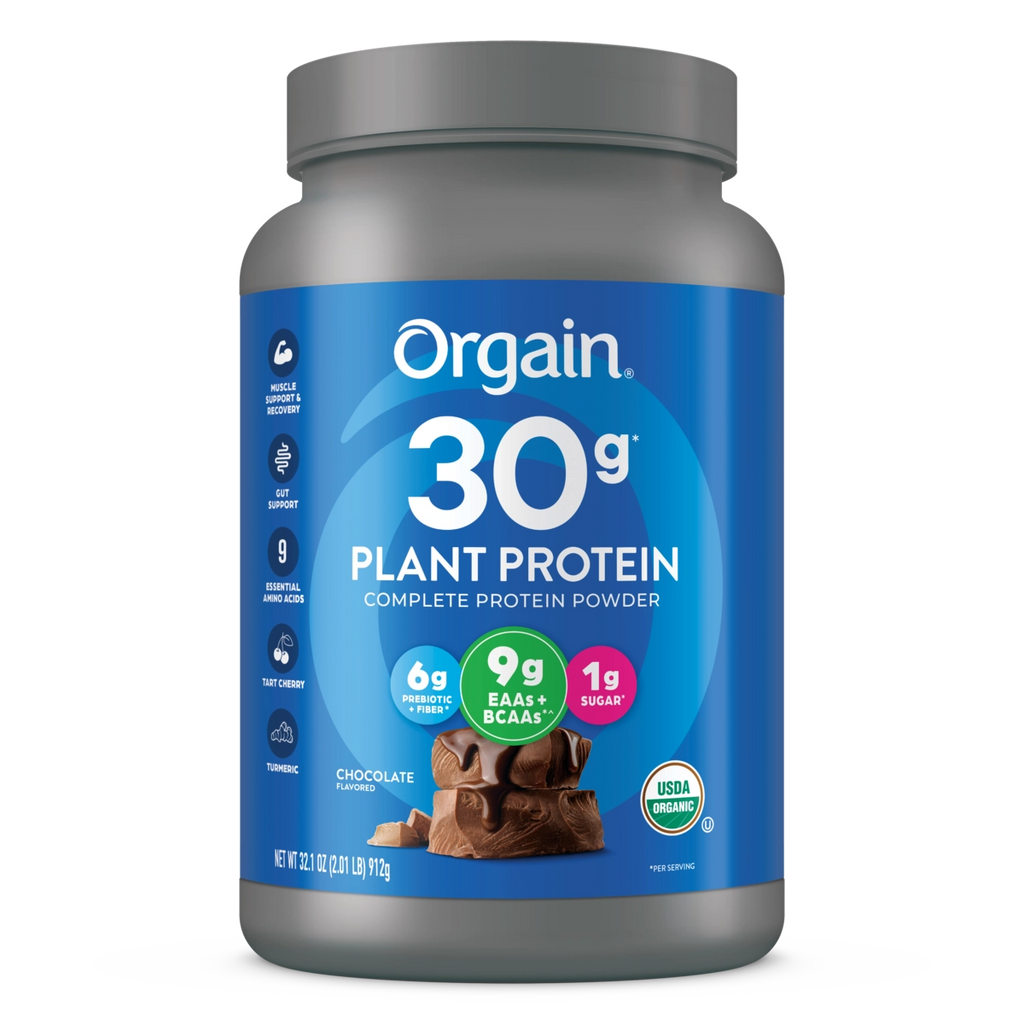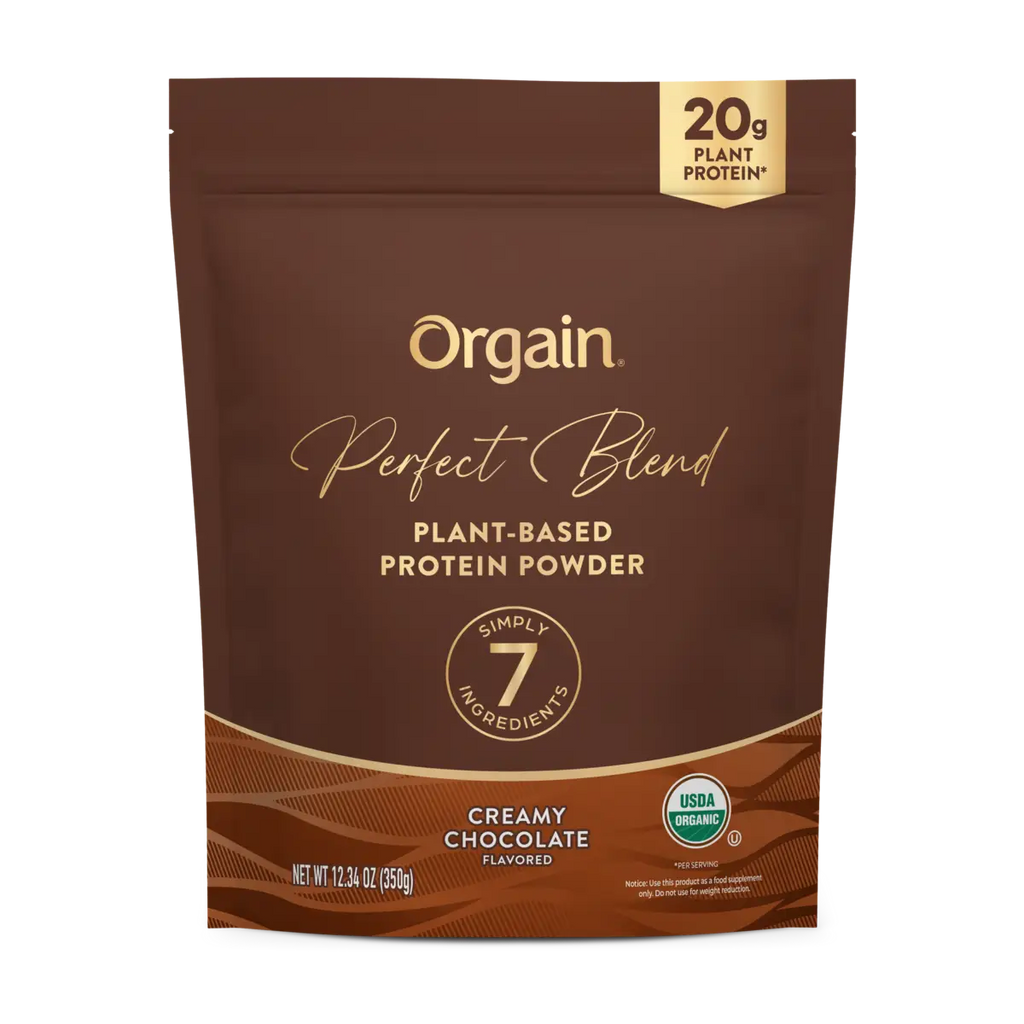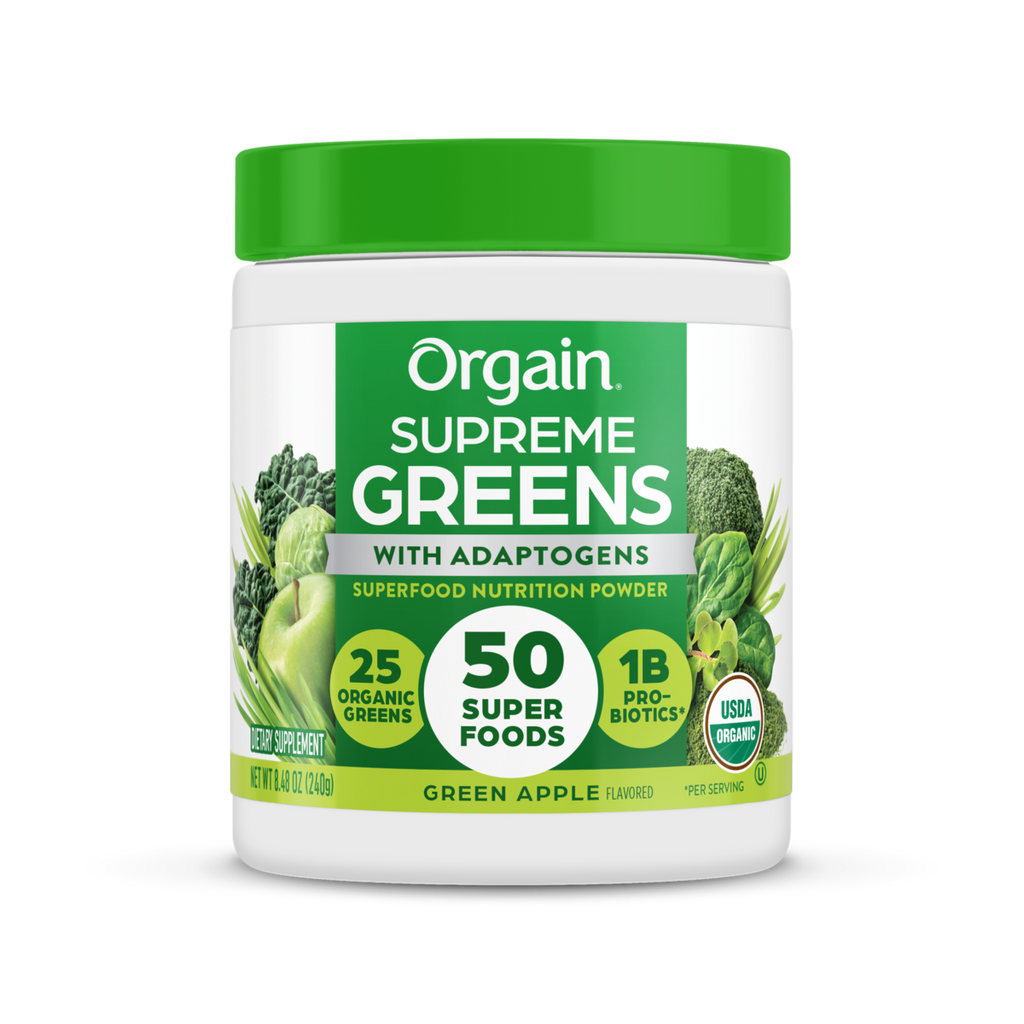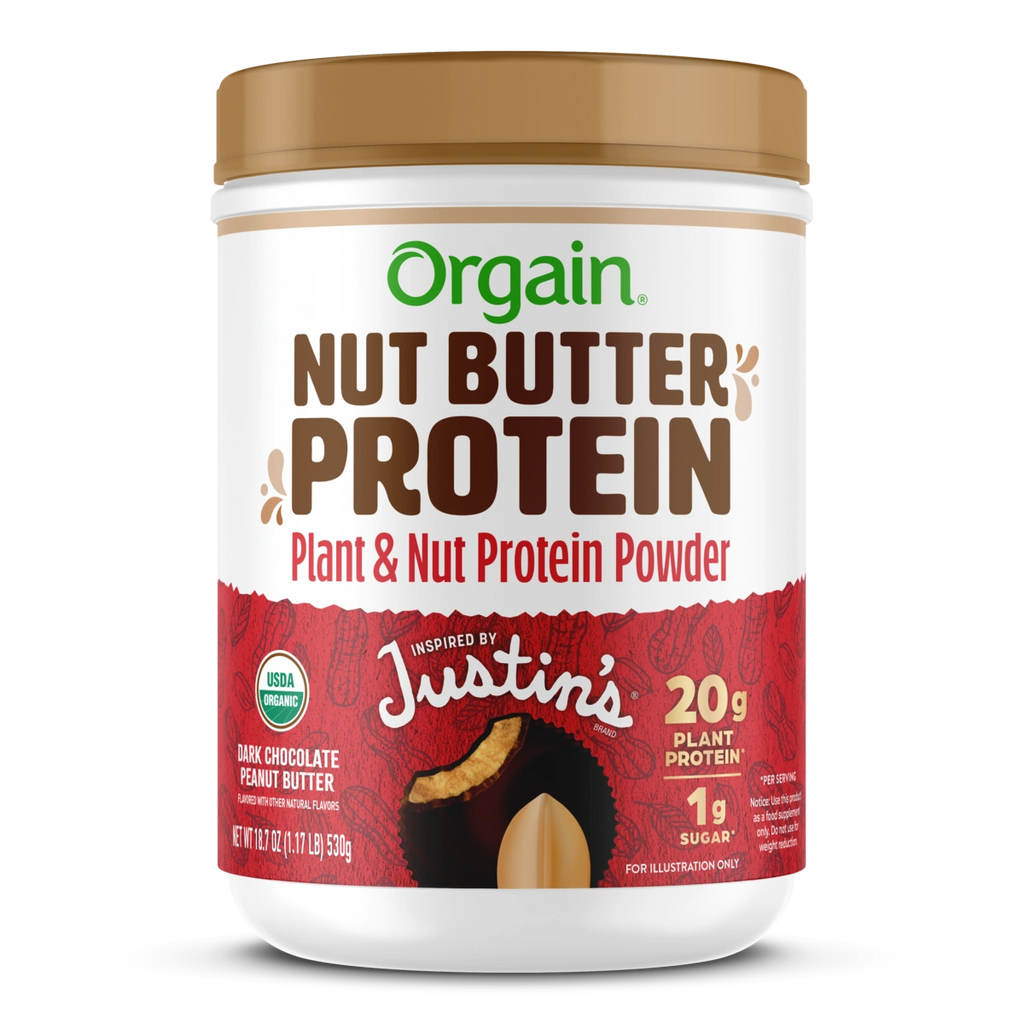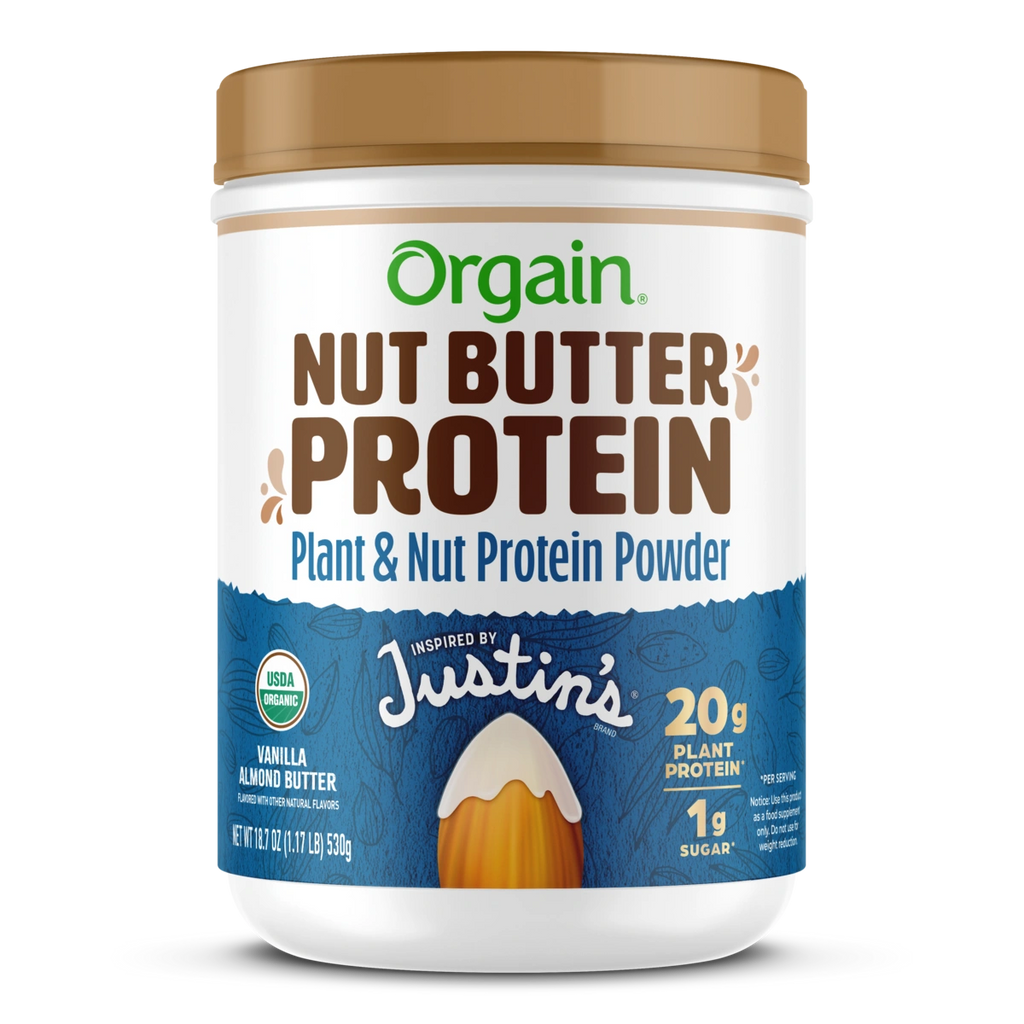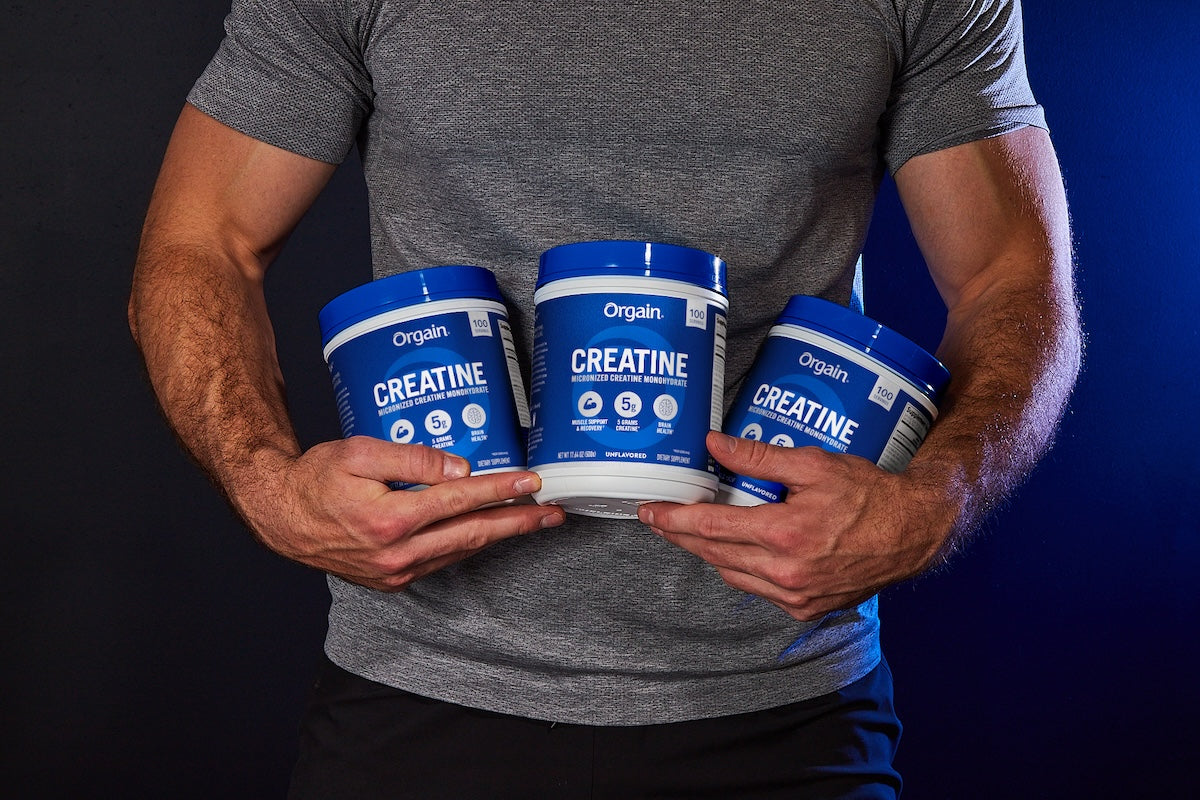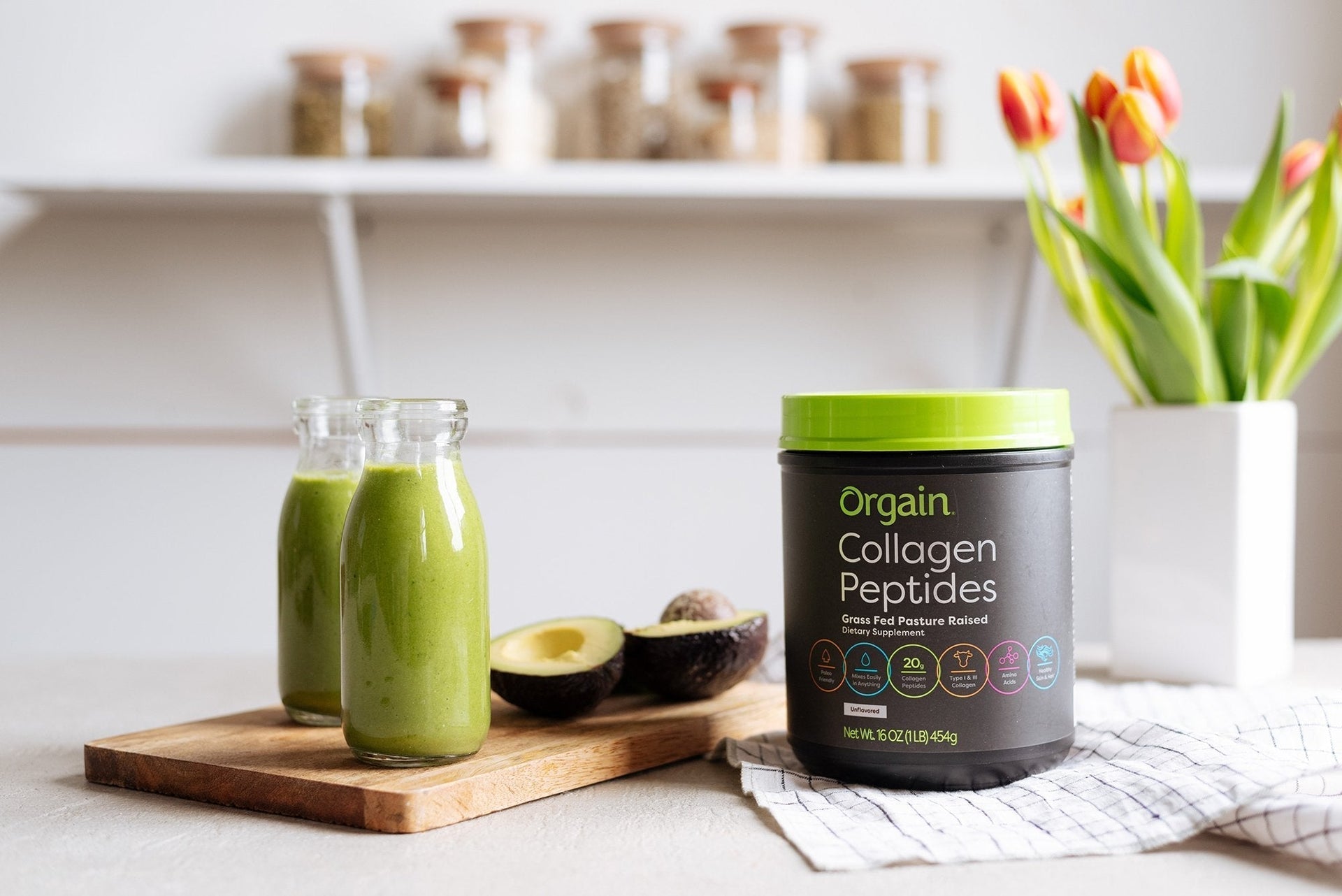Most people have heard that protein is the building block of muscle and is an important energy source for your body, but not everyone is aware that not all protein is created equally.
Protein is made up of compounds called amino acids that play many different roles in the body. Some of these compounds are produced naturally by the body, while others must be ingested through the diet, including essential amino acids (EAA) and branched-chain amino acids (BCAA).
If you’re looking to improve your overall health or promote athletic performance, you might be wondering which type of amino acids you need in order to give your body the fuel it needs to power through your workout or your day. So, which is better for you: EAA or BCAA?
What are amino acids and what role do they play in the body?
Amino acids are the building blocks of proteins in the body. These compounds are incredibly important because they are used for essential functions in the body, including building proteins and synthesizing hormones and neurotransmitters. There are 20 different amino acids that the body needs to function properly, and they are broken down into three categories.
The three categories of amino acids include essential amino acids (EAAs), conditionally essential amino acids, and nonessential amino acids:
Essential amino acids include phenylalanine, valine, threonine, tryptophan, methionine, leucine, isoleucine, lysine, and histidine. Of these nine essential amino acids, three are considered branched-chain amino acids, or BCAAs, including leucine, isoleucine, and valine.
What is the difference between EAAs and BCAAs?
As noted above, EAAs must be ingested through the diet because they are not naturally produced by the body. The three BCAAs all fall under the category of EAAs, but not all EAAs are considered BCAAs. The main difference between EAAs and BCAAs is the functions of each group of amino acids.
Essential amino acids perform many different important functions in the body, including helping to regulate the digestive system, promote muscle development, support energy levels, help repair damaged tissues and muscles, support mood, and promote the growth of healthy skin, nails, and hair.
In short, essential amino acids are needed by the entire body in order to function properly.
By contrast, branched-chain amino acids primarily work in areas that impact performance, including providing fuel for your workout and helping to reduce feelings of soreness and fatigue in the muscles after you finish your workout.
Branched-chain amino acids have been found to increase muscle growth, decrease muscle soreness, reduce the feelings of fatigue after exercise, and prevent muscles from breaking down or wasting.
As a result, BCAAs are often touted as essential for athletes as well as people who workout regularly, particularly those who have the goal of building muscle mass. As a result of their potential impacts for muscle growth and improved performance, some companies have decided to focus on promoting the use of BCAAs in athletes and those who workout regularly, but the process of building muscle is complex and requires more than just three amino acids.
Which is better for you: EAAs or BCAAs?
As noted above, branched-chain amino acids, or BCAAs, are essential amino acids, also known as EAAs. However, not all essential amino acids are branched-chain amino acids.
BCAAs are rapidly digested and bypass the liver, going directly to the muscles, so they are commonly consumed shortly before a workout to provide a carbohydrate-free source of quick fuel for the muscles.
However, while BCAAs are important for your workout and overall health, they are not the entire solution. BCAAs do increase muscle protein synthesis but EAAs do a better job of maintaining the protein synthetic response in the long term. It’s believed that this may be the result of BCAAs tendency to be catabolic, meaning that they cause the muscles to pull amino acids from elsewhere in the body.
Therefore, there isn’t a simple answer when asking whether EAAs or BCAAs are better for you. The body needs both in order to function properly, and some studies have shown that they should be taken together for the best results.
Taking BCAAs and EAAs together can increase your energy levels and boost your mood while encouraging protein synthesis in the body. Whether you’re seeking to optimize your performance or just improve your overall health, make sure to incorporate both BCAAs and EAAs into your daily diet.
When is the best time to take BCAAs and EAs?
There’s no such thing as a bad time to take BCAAs and EAs, as your body will benefit from these protein building blocks no matter what time of day you consume them.
However, if you are trying to maximize your athletic performance during a workout, it’s best to take EAAs and BCAAs either during your workout or immediately after you workout. This will help to increase anabolic rates and diminish muscle soreness, and an increased anabolic rate leads to the muscle growth that so many people are seeking.
Fortunately, getting your needed intake of BCAAs and EAAs isn’t complicated. Protein shakes made with Orgain Plant-Based Protein Powder, which comes in several different flavors, offer most of the BCAAs and EAAs you need to fuel your workout and the rest of your day. You can also get the protein you need on the go with snack bars and pre-made protein shakes for the days when you’re running out the door!
Sources:
https://www.healthline.com/nutrition/essential-amino-acids
https://www.ncbi.nlm.nih.gov/pmc/articles/PMC4657121/
https://www.healthline.com/nutrition/benefits-of-bcaa
https://pubmed.ncbi.nlm.nih.gov/20601741/
https://pubmed.ncbi.nlm.nih.gov/28852372/